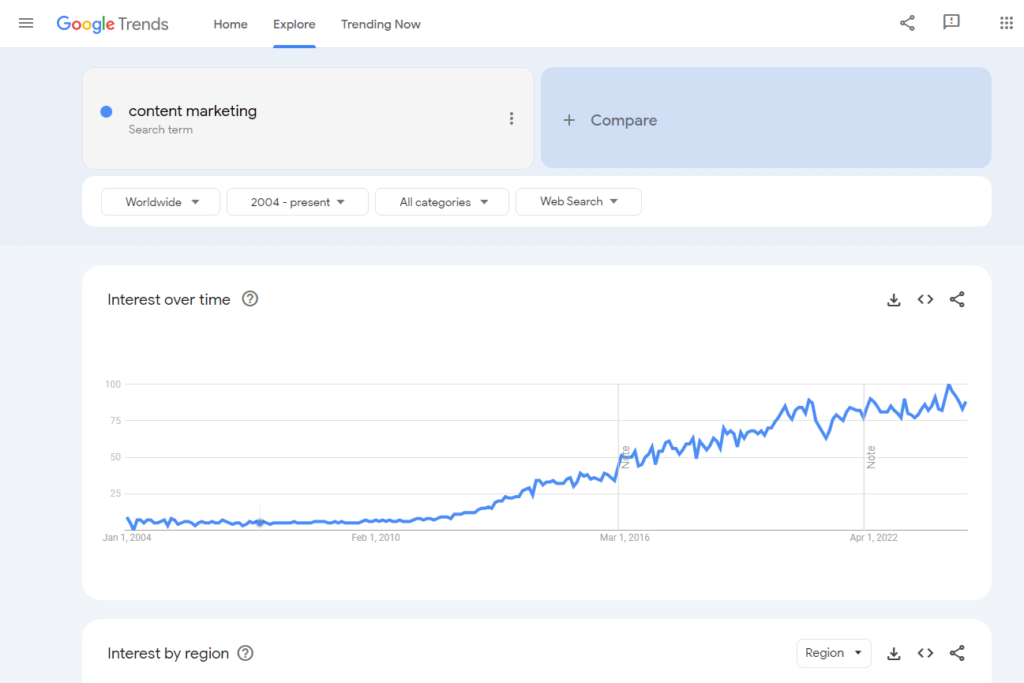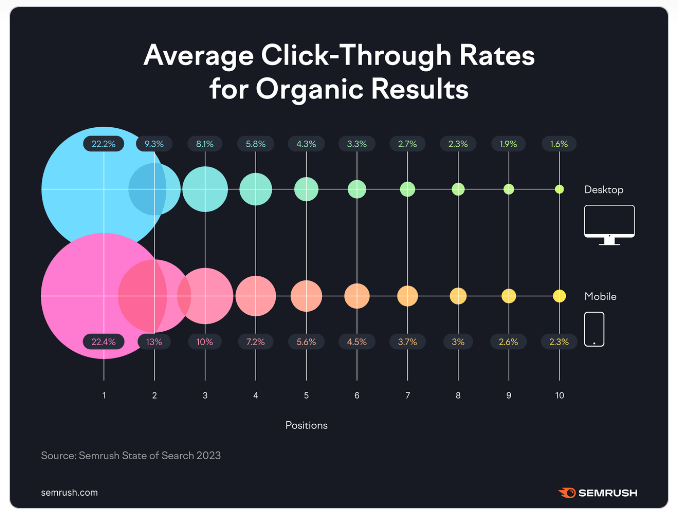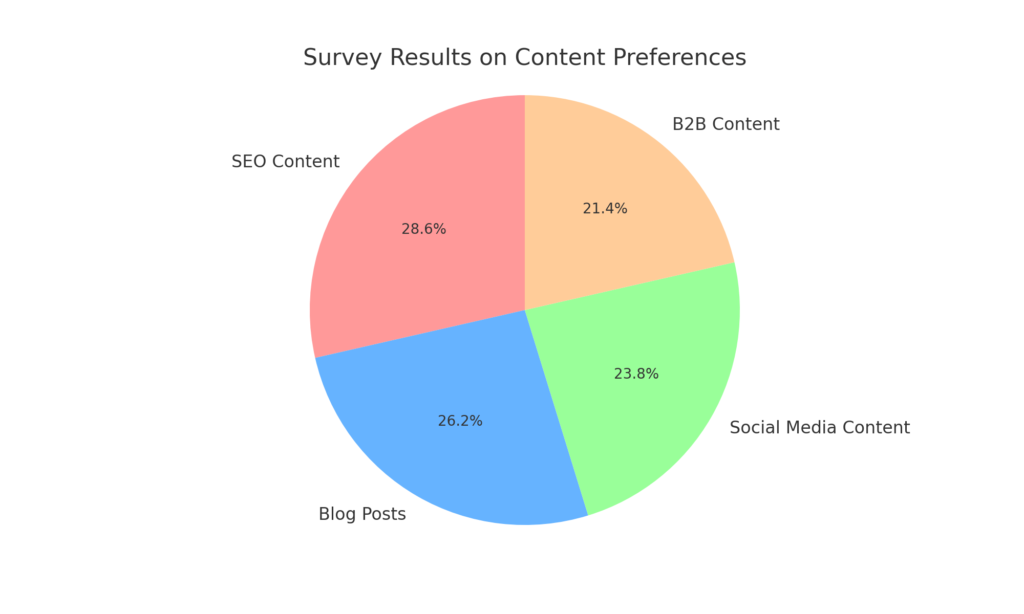Welcome to “DynamicDrafts“! I’m excited to take you on this journey where we explore the immense value a professional content writing agency can bring to your business.
In today’s digital age, content is king. High-quality content not only attracts and engages your audience but also helps improve your search engine rankings, driving more traffic to your website.
Whether you’re a small business owner, a marketing manager, or an entrepreneur, understanding the benefits of professional content writing is crucial for your success.

I remember when I first started my own content writing agency. The process was challenging but incredibly rewarding. Through trial and error, I learned the ins and outs of creating content that not only resonates with readers but also ranks well on Google.
My goal with this guide is to share that knowledge with you, so you can make informed decisions and find the perfect content writing agency to meet your needs.
In this guide, we’ll cover everything from the benefits of hiring a content writing agency to the different types of services available, and how to choose the right agency for your business.
We’ll also delve into the hiring process, working with remote content writers, and maximizing your investment in professional content writing. Along the way, I’ll share real-world examples, case studies, and tips to help you get the most out of your content marketing efforts.
So, let’s get started! By the end of this guide, you’ll have a clear understanding of how to leverage professional content writing to boost your business and achieve your marketing goals.
The Benefits of Professional Content Writing
Content is essential for growing your business online. Its true that content is a vital tool. Hiring a professional content writing agency can make a big difference. Here’s why it can help your business:
Improved SEO Rankings and Online Visibility
Creating content that ranks well on Google requires expertise in SEO (Search Engine Optimization). Professional content writers know how to naturally incorporate keywords like “remote content writer” and “SEO content writing agency” to help your content rank higher in search results.
This means more visibility for your business and, ultimately, more potential clients.
High-Quality, Engaging Content Tailored to Your Audience
Professional writers are skilled at crafting content that speaks directly to your target audience. Whether it’s blog posts, social media updates, or in-depth articles, they can create engaging, informative content that keeps readers coming back for more.
Quality content not only attracts visitors but also helps build trust and credibility with your audience.
Time and Resource Savings for Your Business
Running a business is time-consuming, and creating high-quality content can be a full-time job in itself. By outsourcing your content needs to a professional agency, you can free up your time to focus on what you do best – running your business.
Plus, you’ll have peace of mind knowing that your content is in expert hands.
Real-World Examples and Case Studies
To illustrate the impact a content writing agency can have, let’s look at some real-world examples and case studies:
Case Study: StellarShops E-commerce.
StellarShops E-commerce, a small e-commerce business, saw a significant increase in organic traffic after hiring a professional content writing agency.
Within six months, their website traffic doubled, and their conversion rates improved by 30%. The agency’s expertise in SEO and engaging content played a crucial role in this success.
Case Study: TechSolutions Inc.
TechSolutions Inc, a B2B tech firm, needed high-quality whitepapers and case studies to attract and educate potential clients.
By partnering with a content writing agency specializing in B2B content, they were able to produce professional, authoritative documents that showcased their expertise. This led to a 25% increase in lead generation and improved their sales pipeline.
By leveraging the skills and experience of a content writing agency, these companies were able to achieve significant growth and success. The same can be true for your business.
Hiring a content writing agency can transform your content strategy, boost your online presence, and drive measurable results. In the next section, we’ll explore the various types of content writing services available to help you find the perfect fit for your needs.
Types of Content Writing Services
Different businesses have different needs for content writing. A good content writing agency offers various services to meet those needs. Here are the main types of content writing services to consider:
SEO Content Writing Agency
SEO content writing is all about creating content that helps your website rank higher on search engines like Google. Here’s why an SEO content writing agency can be a great investment:
Importance of SEO in Content Creation
According to a survey by Semrush, more than 43% of people who search on Google click on a natural (organic) result.

Image Source: Semrush
So, the best SEO content doesn’t just include keywords naturally. It also focuses on user intent, readability, and value. SEO content writers know how to balance these elements to create content that both people and search engines love.
Services Offered
An SEO content writing agency typically offers:
- Keyword research to identify the best terms to target
- On-page SEO optimization for better rankings
- Regular blog posts and articles to keep your site fresh and relevant
- SEO audits to identify and fix issues that could be hurting your rankings
B2B Content Writing Agency
B2B (Business-to-Business) content has unique requirements. It needs to be informative, authoritative, and tailored to a professional audience.
Unique Needs of B2B Content
B2B content often involves complex topics and needs to appeal to decision-makers. It requires a deep understanding of your industry and the ability to communicate complex ideas clearly.
Services Offered
A B2B content writing agency can provide:
- Whitepapers and case studies to showcase your expertise
- Industry reports and research articles
- Email newsletters to keep your clients informed
- Detailed product descriptions and user guides
Creative Writing Agency
If your brand needs content that stands out and captures the imagination, a creative writing agency might be the right choice.
Crafting Compelling Narratives and Engaging Stories
Creative content goes beyond facts and figures. It tells a story that resonates with your audience and creates an emotional connection. This type of content is perfect for branding and marketing campaigns.
Services Offered
A creative writing agency can help with:
- Brand storytelling to create a compelling brand narrative
- Creative blog posts and articles
- Engaging social media content
- Marketing copy for ads and promotional materials
Blog Content Writing Services
Maintaining a blog is one of the best ways to keep your website updated and engage with your audience regularly.
Benefits of Maintaining a Blog
- Regular blog posts can drive traffic to your site, improve your SEO, and establish you as an authority in your industry. Blogs are also a great way to share updates, insights, and tips with your audience.
Types of Blog Content
There are various types of blog posts you might need, including:
- Informational articles that provide valuable knowledge
- How-tos and tutorials that offer step-by-step guidance
- Reviews and comparisons that help readers make informed decisions
- Opinion pieces that share your perspective on industry trends
Social Media Content Writer
Social media is a powerful tool for engaging with your audience and building your brand.
Engaging Social Media Posts and Strategies
A social media content writer knows how to craft posts that capture attention and encourage interaction. They can help you develop a consistent voice and strategy across different platforms.
Services Offered
A social media content writer can create:
- Posts and updates for platforms like Facebook, Twitter, LinkedIn, and Instagram
- Social media campaigns to promote your products or services
- Engaging content that encourages likes, shares, and comments
- Strategies to grow your follower base and increase engagement
By understanding the different types of content writing services available, you can choose the ones that best fit your business needs.
In the next section, we’ll discuss how to choose the right content writing agency to ensure you get the most out of these services.
Survey Results on Content Preferences
According to a recent survey:
- 60% of businesses prefer SEO content for its long-term benefits.
- 55% find blog posts most engaging for their audience.
- 50% rely on social media content to boost brand visibility.
- 45% value B2B content for building professional relationships

How to Choose the Right Content Writing Agency
Finding the right content writing agency can make a significant difference in the success of your content strategy. Here are some key factors to consider and questions to ask when choosing an agency that fits your needs.
Factors to Consider
1. Expertise and Experience
- Look for an agency with a proven track record in your industry. They should have experience creating content that resonates with your target audience and meets your specific needs.
- Check their portfolio to see examples of their work. Look for diversity in their writing styles and the ability to adapt to different tones and formats.
2. Portfolio and Samples
- A good content writing agency will have a portfolio of their previous work. Review these samples to gauge the quality of their writing, creativity, and how well they incorporate SEO practices.
- Pay attention to how they handle different types of content, such as blog posts, whitepapers, social media updates, and case studies.
3. Client Testimonials and Reviews
- Testimonials and reviews from previous clients can provide valuable insights into an agency’s reliability, professionalism, and ability to deliver results. Look for reviews that mention specific outcomes, such as improved SEO rankings or increased engagement.
Questions to Ask Potential Agencies
1. Experience in Your Industry
- How long have you been working in my industry?
- Can you provide examples of content you’ve created for similar businesses?
- What strategies have you found effective for this industry?
2. Writing Process and Turnaround Time
- What is your process for creating content from start to finish?
- How do you ensure the content aligns with our brand voice and goals?
- What is your typical turnaround time for different types of content?
3. Pricing and Packages
- What are your pricing structures and packages?
- Do you offer customizable packages based on our specific needs?
- Are there any additional costs we should be aware of?
Making the Decision
After gathering information and asking the right questions, it’s time to make your decision. Here are some additional tips to help you choose the best content writing agency for your business:
1. Request a Trial Project
- Before committing to a long-term partnership, consider requesting a trial project. This will give you a sense of the agency’s capabilities, communication style, and how well they meet deadlines.
2. Evaluate Communication and Collaboration
- Good communication is key to a successful partnership. Choose an agency that is responsive, open to feedback, and easy to work with. Their willingness to collaborate and adapt to your needs is crucial for a smooth working relationship.
3. Assess Long-Term Compatibility
- Consider whether the agency can grow with your business. Your content needs may evolve over time, so it’s important to choose an agency that can scale their services accordingly and continue to deliver high-quality content as your business expands.
By carefully evaluating potential content writing agencies based on these factors, you can make an informed decision and choose a partner that will help you achieve your content marketing goals.
In the next section, we’ll delve into the hiring process, offering a step-by-step guide to help you navigate the process of bringing a content writer on board.
The Hiring Process
Hiring a content writing agency involves several steps to ensure you find the right fit for your business needs. Here’s a step-by-step guide to help you navigate the hiring process smoothly.
Steps to Hire a Content Writer
1.Identifying Your Content Needs
- Before you start looking for an agency, it’s important to clearly define your content needs. Consider the types of content you require (e.g., blog posts, social media content, whitepapers) and your goals (e.g., improving SEO, increasing engagement, generating leads).
2. Researching Potential Agencies
- Look for agencies that specialize in the type of content you need. Use search engines, industry forums, and professional networks to find reputable agencies. Pay attention to their websites, portfolios, and client reviews to get a sense of their expertise and style.
3. Initial Consultation and Project Proposal
- Once you’ve shortlisted a few agencies, schedule initial consultations. Discuss your content needs, goals, and expectations. A good agency will ask detailed questions to understand your business and audience.
- After the consultation, request a project proposal. This should include an outline of the proposed strategy, types of content, timelines, and pricing.
4. Contract and Onboarding
- Review the proposals and choose the agency that best aligns with your needs and budget. Once you’ve made your decision, formalize the partnership with a contract. Ensure the contract outlines all terms, including scope of work, deadlines, payment terms, and any confidentiality agreements.
- Begin the onboarding process by sharing relevant information with the agency, such as brand guidelines, target audience details, and any existing content or resources.
Working with Remote Content Writers
Working with remote content writers can offer flexibility and access to a wider talent pool. Here’s how to ensure a successful collaboration:
Benefits and Challenges
- Benefits: Remote content writers often offer more competitive rates and bring diverse perspectives. They can work from anywhere, providing flexibility in hiring the best talent.
- Challenges: Managing remote teams requires effective communication and project management to ensure deadlines are met and quality is maintained.
Effective Communication and Project Management Tips
- Set Clear Expectations: Define clear goals, deadlines, and deliverables. Use project management tools to keep track of progress and ensure everyone is on the same page.
- Regular Check-Ins: Schedule regular check-ins to discuss progress, address any issues, and provide feedback. This helps maintain momentum and ensures alignment with your goals.
- Provide Detailed Briefs: Give writers comprehensive briefs for each project, including target audience, key messages, tone of voice, and SEO requirements. The more information they have, the better they can meet your expectations.
- Use Collaborative Tools: Utilize tools like Trello, Asana, or Slack for project management and communication. These tools help streamline workflows, track progress, and facilitate collaboration.
By following these steps and tips, you can hire and work effectively with a content writing agency, ensuring a smooth process and high-quality results.
In the next section, we’ll explore how to maximize your investment in professional content writing, including collaboration tips and ways to measure success.
Maximizing Your Investment
Once you’ve hired a content writing agency, it’s crucial to make the most out of your investment. Effective collaboration, tracking performance, and continuous improvement are key to ensuring you get the best results.
Here are some strategies to help you maximize your investment in professional content writing.
Collaborating with Your Content Writer
Providing Clear Briefs and Feedback
- Detailed Briefs: When assigning projects, provide detailed briefs that include your target audience, key messages, tone of voice, and any specific SEO requirements. The more information you provide, the better the writer can meet your expectations.
- Constructive Feedback: Give timely and constructive feedback on drafts. Highlight what you like and what needs improvement. This helps the writer understand your preferences and improve future content.
Establishing a Content Calendar
- Plan Ahead: Work with your content writing agency to create a content calendar. This should outline the topics, publication dates, and deadlines for each piece of content. A well-planned calendar ensures consistent content creation and helps you stay organized.
- Flexibility: While a content calendar provides structure, it’s also important to remain flexible. Be prepared to adjust the schedule based on new trends, business needs, or performance data.
Measuring Success
Key Performance Indicators (KPIs) for Content Marketing
- Traffic and Engagement: Track metrics such as page views, time on page, bounce rate, and social media engagement to gauge how well your content is performing. High engagement indicates that your content resonates with your audience.
- SEO Performance: Monitor your search engine rankings, organic traffic, and keyword performance. Tools like Google Analytics and SEMrush can help you track these metrics and see how your content contributes to SEO improvements.
- Lead Generation and Conversions: Measure the number of leads and conversions generated from your content. This could include form submissions, newsletter sign-ups, or direct inquiries. High conversion rates indicate that your content is effectively driving business results.
Tools and Techniques for Tracking Performance
- Analytics Tools: Use tools like Google Analytics, Ahrefs, and Moz to track the performance of your content. These tools provide insights into traffic, engagement, and SEO metrics.
- Surveys and Feedback: Collect feedback from your audience through surveys and comments. This can provide valuable insights into what they like and what can be improved.
- Regular Reporting: Request regular performance reports from your content writing agency. These reports should highlight key metrics, trends, and recommendations for improvement.
Adjusting Strategies Based on Data and Feedback
- Analyze Data: Regularly review the performance data to identify what’s working and what’s not. Look for patterns and trends that can inform your content strategy.
- Make Informed Adjustments: Based on your analysis, make informed adjustments to your content strategy. This could involve changing the types of content you produce, focusing on different topics, or experimenting with new formats.
- Continuous Improvement: Content marketing is an ongoing process. Continuously seek ways to improve your content based on data, feedback, and industry trends. Regularly update and optimize existing content to keep it relevant and effective.
By collaborating effectively with your content writing agency, tracking performance, and continuously improving your strategy, you can maximize your investment and achieve your content marketing goals.
In the next section, we’ll provide additional resources, including useful tools for content marketing and further reading to help you stay ahead of the curve.
Additional Resources
To further enhance your content marketing efforts, leveraging the right tools and staying updated with the latest trends and best practices is essential. Here are some valuable resources to help you succeed.
Useful Tools for Content Marketing
SEO Tools
- Google Analytics: Essential for tracking website traffic, user behavior, and conversion rates. It provides insights into how your content is performing and where improvements can be made.
- SEMrush: A comprehensive SEO tool that offers keyword research, competitor analysis, site audits, and more. It helps you optimize your content for better search engine rankings.
- Ahrefs: Another powerful SEO tool that provides detailed backlink analysis, keyword tracking, and site audits. It’s great for understanding your site’s SEO health and finding new opportunities.
Content Management Systems (CMS)
- WordPress: One of the most popular CMS platforms, WordPress is highly customizable and user-friendly. It supports various plugins for SEO, analytics, and content optimization.
- HubSpot: A comprehensive marketing platform that includes a CMS, CRM, email marketing, and more. It’s ideal for managing your content and marketing efforts in one place.
Content Creation and Editing Tools
- Grammarly: A writing assistant that checks for grammar, spelling, and punctuation errors. It also offers style suggestions to improve clarity and readability.
- Hemingway Editor: An editing tool that helps make your writing clear and concise. It highlights complex sentences and suggests simpler alternatives.
- Canva: A graphic design tool that allows you to create visually appealing graphics, infographics, and social media posts. It’s user-friendly and offers numerous templates.
Project Management and Collaboration Tools
- Trello: A project management tool that uses boards, lists, and cards to help you organize tasks and collaborate with your team. It’s great for managing content calendars and workflows.
- Asana: Another project management tool that helps teams coordinate and manage their work. It’s useful for tracking content creation and ensuring deadlines are met.
- Slack: A communication tool that allows for real-time messaging and collaboration. It’s ideal for staying in touch with your content writing agency and sharing updates quickly.
Further Reading and Courses
Books
- “Everybody Writes” by Ann Handley: A comprehensive guide to creating content that engages and informs. It covers everything from grammar to storytelling and content marketing strategies.
- “Content Inc.” by Joe Pulizzi: This book provides a roadmap for building a successful content-first business. It’s full of practical tips and real-world examples.
Articles and Blogs
- Moz Blog: Offers in-depth articles on SEO, content marketing, and digital marketing trends. It’s a great resource for staying updated with the latest best practices.
- Content Marketing Institute Blog: Provides valuable insights, tips, and strategies for effective content marketing. It covers a wide range of topics from content creation to distribution and measurement.
Online Courses
- HubSpot Academy: Offers free online courses on content marketing, SEO, and digital marketing. The courses are comprehensive and provide certifications upon completion.
- Coursera: Offers various courses on content marketing and digital marketing from top universities and institutions. These courses cover both foundational and advanced topics.
By utilizing these tools and resources, you can enhance your content marketing strategy, stay updated with the latest trends, and continuously improve your efforts.
In the next section, we’ll wrap up the guide with a conclusion, summarizing the benefits of hiring a content writing agency and encouraging readers to take the next step.
Conclusion
Thank you for joining me on this journey through “The Ultimate Guide to Hiring a Content Writing Agency.”
By now, you should have a comprehensive understanding of the benefits of professional content writing, the various services available, and how to choose the right agency to meet your needs.


